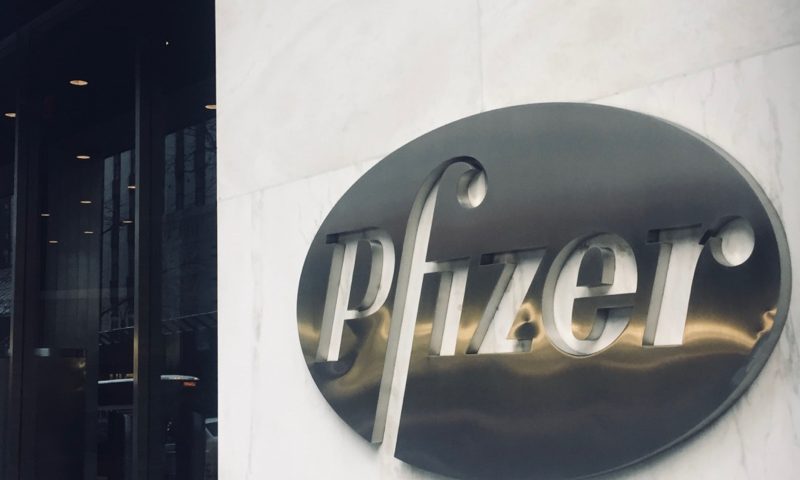This summer, Pfizer teamed up with other Big Pharmas on a $1 billion fund to bolster struggling antibiotics makers. Now, the company is adding a new antibiotic candidate to its pipeline through its acquisition of Arixa. If approved, the prospect could be the first new drug of its kind in more than 35 years.
The duo kept financial details of the deal under wraps.
Pfizer picks up ARX-1796, an oral prodrug of avibactam, which, in combination with ceftazidime, makes up Allergan’s antibacterial med, Avycaz. It’s a drug Pfizer is familiar with, having picked up the ex-U.S. rights to Avycaz—known as Zavicefta overseas—from AstraZeneca in 2015. Unlike Avycaz, which is given through an intravenous infusion due to its poor bioavailability, ARX-1796 is metabolized within the body to produce avibactam.
Avibactam is a beta-lactamase inhibitor, whose job is to block enzymes made by gram-negative bacteria that degrade beta-lactam antibiotics like ceftazidime. Arixa’s plan is to combine ARX-1796 with an antibiotic called ceftibuten.
“Beta-lactamase inhibitor combinations have become a mainstay of antimicrobial therapy, but clavulanic acid, approved by FDA in 1984, is the only inhibitor available to treat patients that is orally bioavailable,” said Karen Bush, Ph.D., a professor of practice, biotechnology at Indiana University in a statement.
A new oral option would be a boon for patients with complicated infections whose only recourse is an intravenous drug.
“Common Gram-negative infections such as complicated urinary tract infections are becoming a major treatment challenge because of increasing rates of multidrug resistance,” said Jose Vazquez, M.D., a professor of medicine and chief of infectious diseases at Medical College of Georgia at Augusta University.
“The option to administer an oral antibiotic containing avibactam to my patients with infections due to pathogens resistant to other oral agents, and thus avoiding intravenous administration and a hospital stay, would always be considered an important advance,” Vazquez added.
Arixa developed ARX-1796 as a virtual company, which might have saved it from the fate of other antibiotics developers, many of which have gone belly up.
“We built Arixa as a completely virtual company, with no employees and essentially no overhead—our work was performed by Contract Research Organizations under the supervision of a group of part-time expert consultants. This model has been behind the success of driving the developmental course of ARX-1796,” Arixa CEO John Freund, M.D., said in the statement.
Now, Pfizer is the “perfect company” to pick up the torch and move the candidate through the clinic and, eventually, to patients who need it, Freund added.

